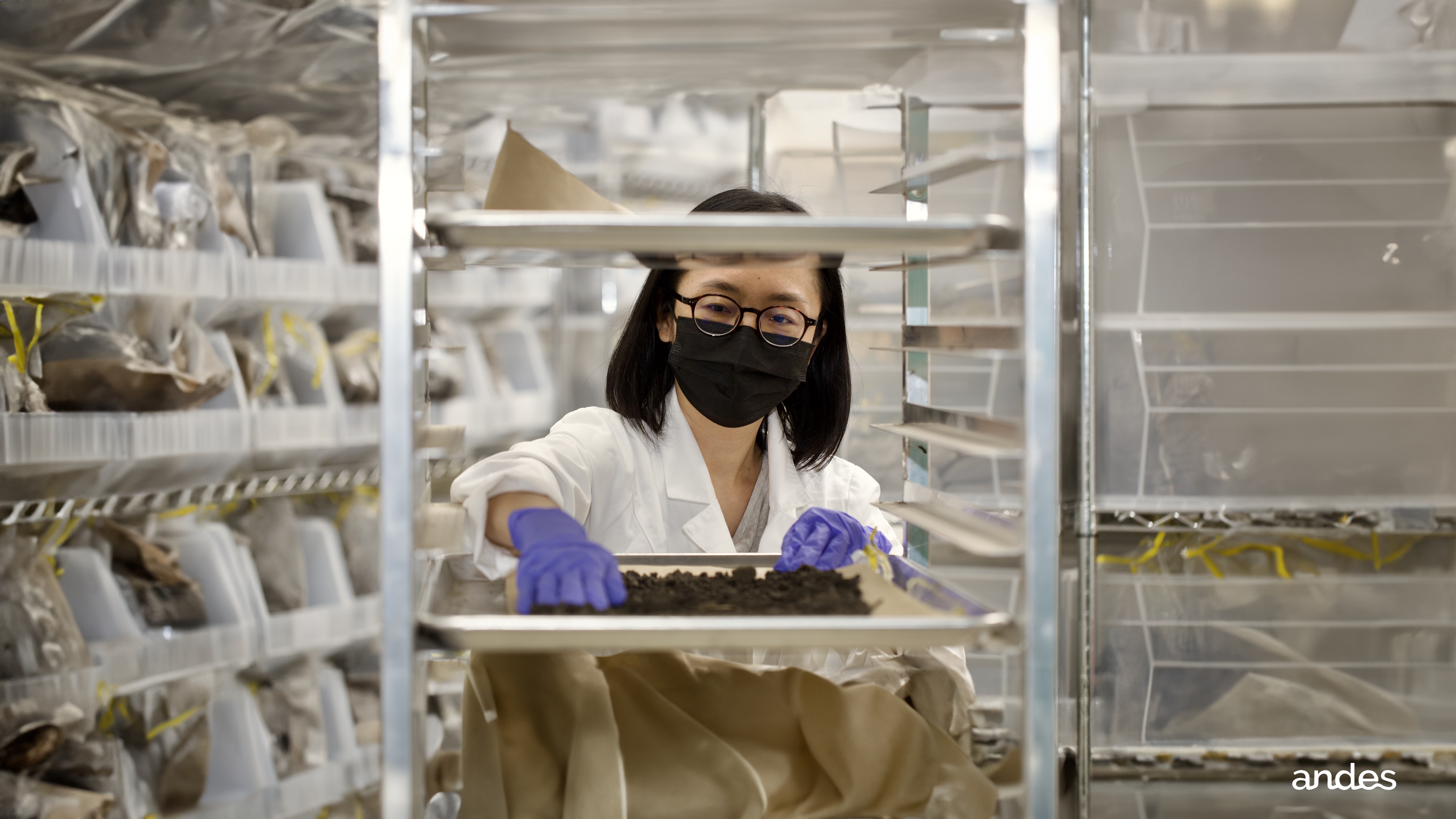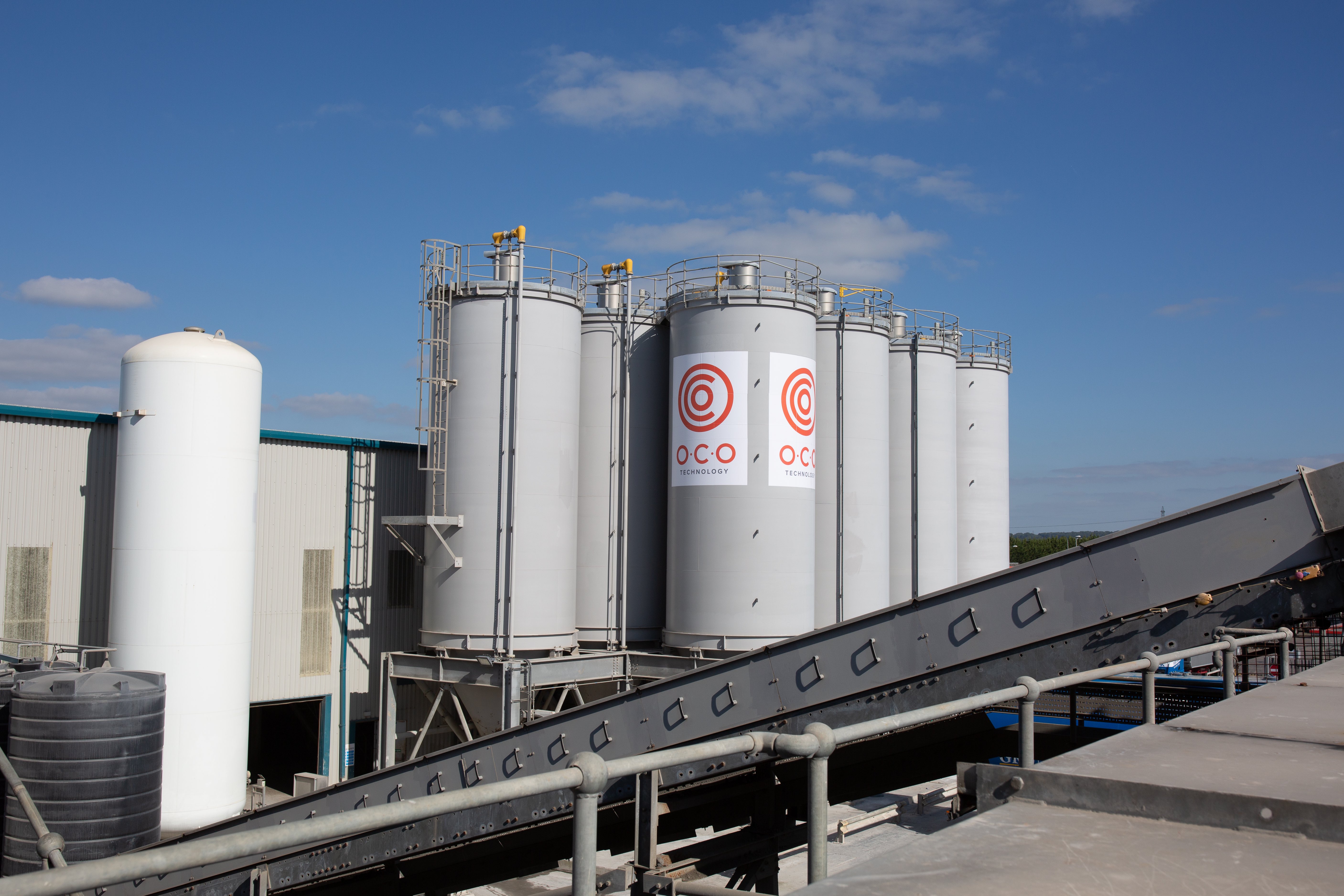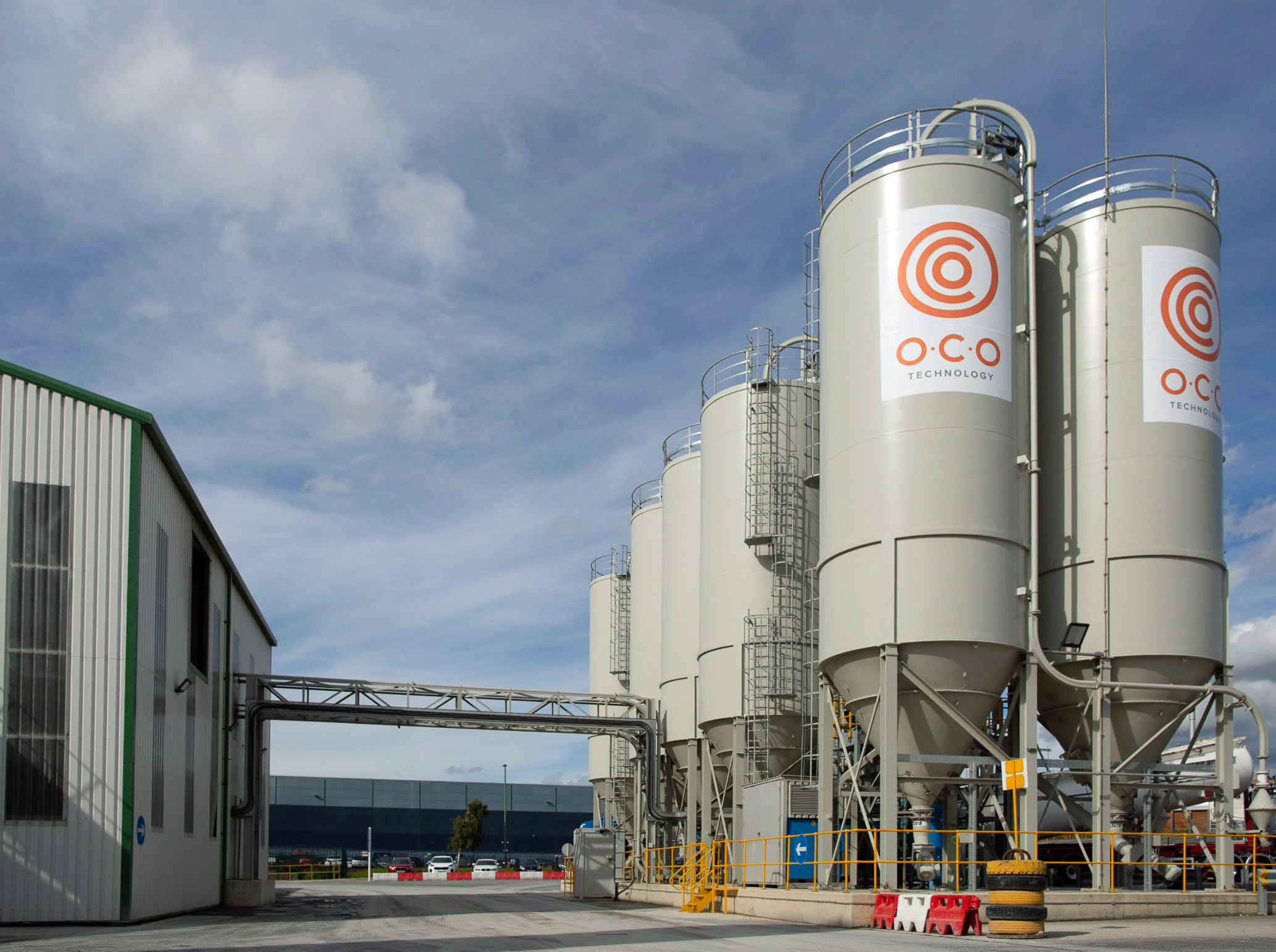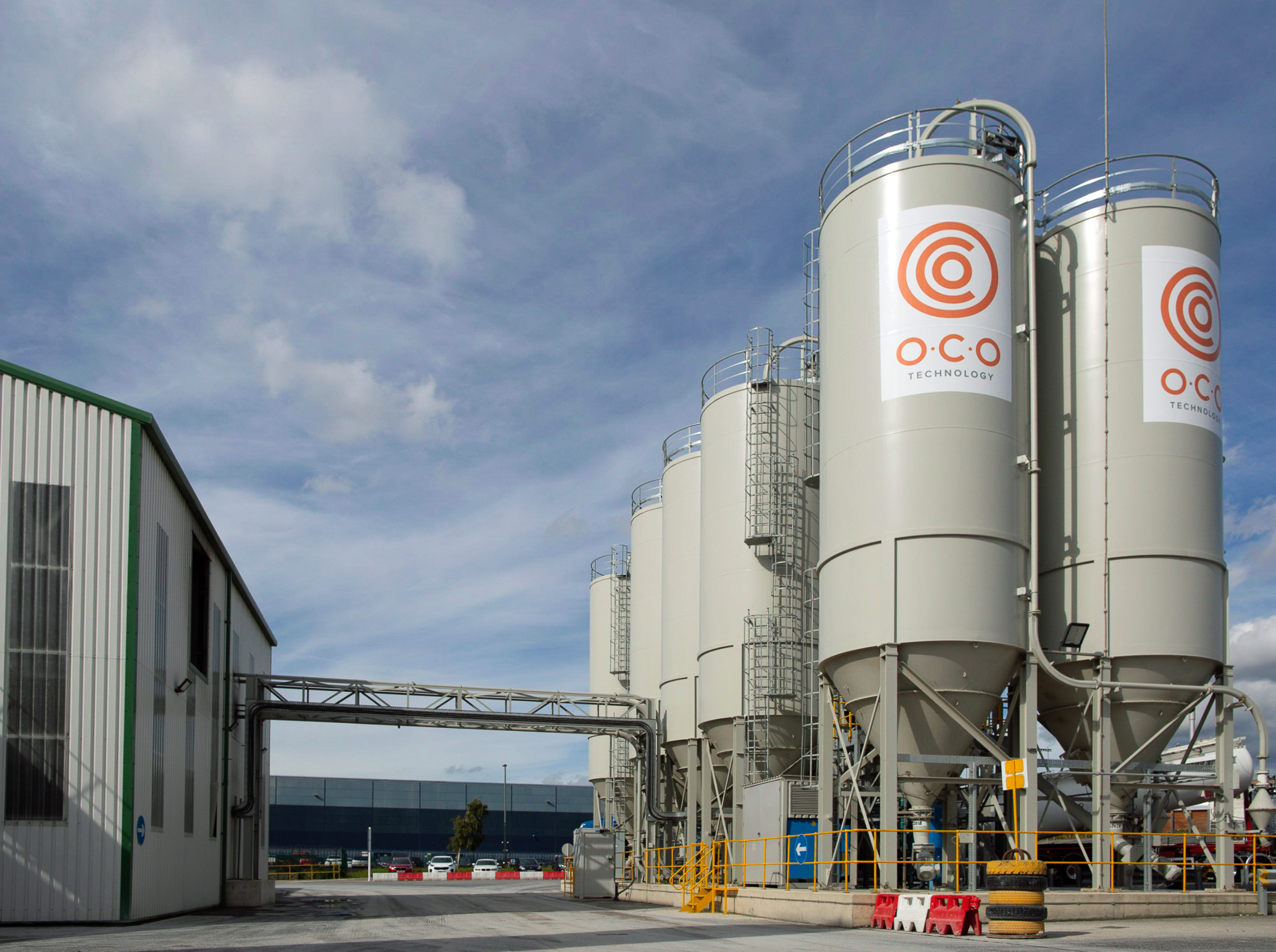Andes Microbial Carbon Mineralization
Microbial Carbon...
Mineralization
プロジェクト概要
The Microbial Carbon Mineralization in the U.S. Midwest Project uses microbial technology to remove carbon dioxide from the atmosphere through agricultural soil applications. The project applies a proprietary microbial inoculant to agricultural soils, which enhances natural carbon sequestration processes by converting atmospheric CO2 into stable inorganic carbon compounds in the soil. This technology increases Soil Inorganic Carbon (SIC) through the formation of carbonate minerals, providing a durable carbon storage solution.
Spanning across agricultural sites in North Dakota, Wisconsin, and Minnesota, the project targeted 25,000 acres of cropland in its first year. The microbial inoculant is applied as either a seed treatment or through in-furrow application on existing non-irrigated cropland, ensuring minimal disruption to current farming practices. The project follows rigorous monitoring protocols throughout the growing season, with soil samples collected at multiple time points to measure carbon sequestration effectiveness.
As the first project of its kind in the region, this initiative offers co-benefits beyond carbon removal. Farmers receive an additional revenue stream through participation in the carbon program, while the microbial inoculant promotes healthier soil and plants. The technology is designed to work on fields with near-neutral to alkaline pH levels, conditions that favor long-term carbon storage durability. The project also prioritizes soil health monitoring, tracking soil organic carbon levels and cation exchange capacity to ensure no negative impacts on agricultural productivity.
The project developer, Andes, brings scientific expertise and agricultural experience to this carbon removal approach. The team is led by Co-founder and Chief Technology Officer Tania Timmermann, who holds a Ph.D. in Complex Systems Engineering and has over 12 years of experience studying beneficial bacteria-plant interactions in agricultural systems. The team also includes specialists in remote sensing, machine learning, environmental soil chemistry, and field operations, ensuring comprehensive technical and operational capabilities for project implementation.




